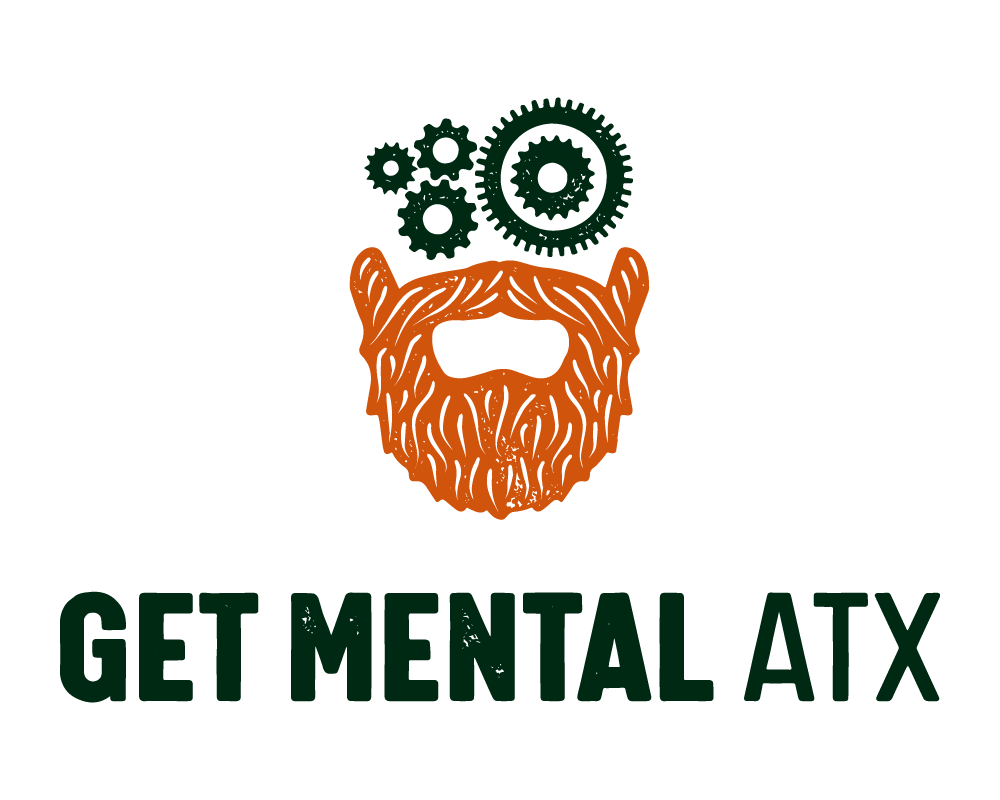When therapy comes to a close...
PIXABAY/CC0
How do I know when therapy is over?
Hopefully this isn’t a surprise when it happens. In my practice I work with clients on a basis of their goals for therapy and desired outcomes. We set up a plan to reach a specific target and once we hit that mark therapy is over (generally). In my experience, therapy with set targets like this is easier to end and that makes the change more comfortable for everyone involved. Therapy is a unique kind of experience because it treats the client (person seeking therapy) as just as involved in the process as the therapist. In order for counseling or therapy to work well, the two (or more) parties involved need to work together. In other areas of life we hire out a job or pay someone else to do the work. For instance, if you hire someone to mow your lawn you don’t expect to get out there and take turns - you hire someone to do the job for you. But in therapy you are working with someone to get to a goal.
When does therapy end?
This depends on the answer to the first question. If there is a plan ahead of time, then you can usually anticipate when therapy will end in the same way that you could plan for the end of an out-of-town trip or the completion of a project at home or work. Hopefully therapy ends when you have accomplished what you set out to do - work on relationship issues or address your fear of spiders or to process some grief or trauma. Like many things in life, the purpose of a thing should direct its progress. If you know where you’re going you’ll have a better idea of when you arrive.
Why should I end therapy?
For one, you shouldn’t stay in therapy any longer than it is providing help and direction/guidance. Some people I work with are very specifically goal-oriented in that they want to address a specific issue and once that issue has been addressed these clients choose to end therapy. For others, the process of therapy is more of an ongoing experience. They like to have a place to unpack their week’s experiences and discuss the deep questions of their lives. For people in this situation the decision about when and why to end therapy is a bit more complicated. For some, therapy is an ongoing part of their lives - a place to have a different perspective and the freedom to work through their life in an ongoing fashion. For people who are seeking this kind of experience the question of when to finally end therapy should be tackled individually.
I hope that this provides some kind of idea for what therapy looks like and how it goes. If you want to know more about therapy or to get started, please get in touch - I’d be happy to help.

